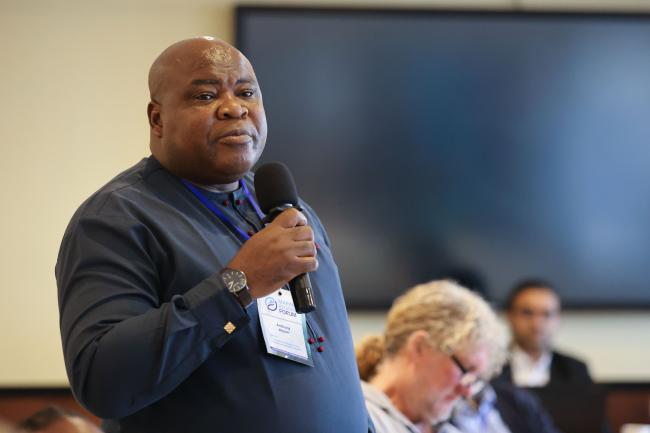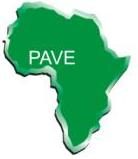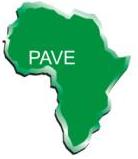
The Role Of Water Vendors In The Apapa/ Iganmu, Alimosho, Shomolu, Ajeromi And Ifelodun Areas Of Lagos. Research Consultancy – DFID / State and Local Government Programme 2005
One of the major problems confronting mega cities across the world today is access to sustainable drinking water. The city of Lagos, described as the world’s fastest growing city according to a recent United Nations Report (2005) has in recent times been grappling with the problem of acute water shortages to its inhabitants. The current water infrastructure in Lagos dates as far back as the 1960s when the population of Lagos was bellow one million people. Today, the same Lagos water infrastructure, which is obsolete in most parts, serves over 15 million inhabitants of the city. The immense pressure on portable drinking water has given rise to different coping mechanisms amongst the citizenry for dealing with the water problem. In response to this challenge, there has emerged from the private sector water vendors seeking to take advantage of the precarious water situation. Indeed, private water vendors fill in the gap where public water supply is lacking or found wanting. Nevertheless, this noble effort has not been without problems and controversies as most of the water supplied is sometimes contaminated and unwholesome leading to occasional outbreak of waterborne diseases such cholera, bilharzias, guinea worm infection and typhoid fever.
In the low-income neighbourhoods of the city of Lagos, one is often struck by the presence of countless artisans going about their business to perform the most basic of public services: delivery of water and removal of sanitation wastes. Whether they are operators of standpipes or public toilets, water carters, resellers of water, or latrine cleaners, these self-employed individual entrepreneurs and small businesses are the ones who distribute water for domestic use. Most of the time, they work for themselves, independent of the city water agency or concessionaire and of the modern formal sector.
In the case of sanitation, they are virtually the only providers, since piped sewerage systems are virtually nonexistent in Lagos. Mostly unregulated and untaxed, they belong rather to the informal sector1 of the economy, which employs 55 percent of all urban workers in Nigeria2 . In view of the relatively high unemployment rate in urban centres of Nigeria, the informal sector has become a reservoir of dynamic entrepreneurs (Ikiara, 1994). The distinctions between the informal and formal sectors are sometimes blurred because the two concepts are not mutually exclusive but often overlap (Worsley 1984). Because of their complementary roles, it is often difficult to distinguish between the two in terms of skills. Not surprisingly, in areas of Lagos were formal water distribution networks are faulty or lacking, the water vendors of the informal fill the gap by providing the requisite services to water consumers. Nevertheless, indigenous private sector participation in water privatisation is still weak in many developing countries (Harris, 2003).
The provision of water and sanitation services to such low-income urban areas in
Lagos State is a major focus of the State and Local Government Programme (SLGP)
financed by DFID. SLGP commissioned the collection of information about the role of
small independent providers in the provision of such services particularly water in four
Local Government Areas of Lagos State with more emphasis on Apapa/Iganmu Local
Government Area, where a pilot water supply project is being embarked upon, in order
to understand who they are, the range of services they offer and the key elements of
their successful operations.
Of particular importance to this study is the involvement of independent providers as
partners with formal utilities, with the ultimate goal of improving the supply of water
and sanitation services to low-income and informal urban settlements. This means
encouraging operators who can sustain low-cost provision of these services to this
clientele—not creating new enterprises, but supporting existing ones that have been
catering to this market for many years.


